The U.S., European Union and Group of Seven nations will impose additional sanctions on Russia targeting the country’s state-controlled media, elites and services that help finance the war in Ukraine, a senior Biden administration official said Sunday.
The announcement came as Biden met virtually with leaders of the G-7 and Ukrainian President Volodymyr Zelenskyy to reinforce their shared commitment to strengthening the war-torn country’s position on the battlefield and at the negotiating table.
The U.S. will sanction three of Russia’s most viewed state-controlled television stations — Joint Stock Company Channel One Russia, Television Station Russia-1 and Joint Stock Company NTV Broadcasting Company, the official said, adding that the stations have been among the largest recipients of foreign revenue, which feeds back into the Russian state.
The administration will also prohibit U.S. individuals from providing accounting, trust and corporate formation, or management consulting services to anyone in the Russian Federation in an effort to limit key services to Moscow companies and elites whose wealth generates revenue for Russia and who are trying to hide that money and evade sanctions, the official said.
The action builds on previous restrictions on the export of goods in the aerospace, marine, electronics, technology and defense sectors.
Additionally, the U.S. will further restrict Russian exports by sanctioning Promtekhnologiya, a company that produces rifles and other weapons used in military operations in Ukraine, as well as seven shipping companies and a marine towing company, the official said. The Nuclear Regulatory Commission will also suspend licenses for the export of certain nuclear materials to Russia.
The U.S. will issue a new rule to impose additional sanctions on Russia’s industrial sector, including a broad range of input material and equipment, such as wood products, industrial engines and motors, to limit the country’s access to such items as well as revenue that could support its military capabilities, the official continued.
The G-7, which consists of the U.S., Britain, France, Germany, Italy, Japan and Canada, has also committed to phasing out or banning Russian oil imports and vowed to work alongside the U.S. to ensure stable global energy supplies, the official said. The Biden administration banned Russian energy imports in early March.
Lastly, the U.S. issued new visa restrictions on Russian military officials and Moscow-backed authorities allegedly involved in human rights abuses, violations of international humanitarian law or public corruption in Ukraine, the official said.
The administration also sanctioned executives from Sberbank, the largest financial institution in Russia, as well as Gazprombank, which facilitates business by Russia’s Gazprom, one of the largest natural gas exporters in the world, and Moscow Industrial Bank and its subsidiaries.
Other G-7 leaders also committed to taking further actions against Russia’s state media, banks and elites, and will move to prevent the provision of key services to Moscow, according to a joint statement shared by the White House.
Sanctions against Russia previously imposed by the U.S. and its allies and partners have already taken a major toll on the country’s economy, access to technology and supply chains, the official said, adding that these new steps will “ratchet up these costs.”
The virtual meeting of the world’s leading economies came as Biden presses Congress to deliver an additional $33 billion in military and humanitarian aid for Ukraine in anticipation that the fighting, which began on Feb. 24 when Russia launched an invasion, will stretch on for months.
During their call, which lasted about 70 minutes, G-7 leaders assured Zelenskyy of their readiness to take additional actions to help Ukraine “secure its free and democratic future,” according to the statement.
Zelenskyy reiterated his aim to ensure a full withdrawal of Russian forces and equipment from Ukraine as well as security guarantees to prevent future attacks, the G-7 leaders said, adding that Kyiv and international partners have entered into discussions about ways to ensure a post-war peace settlement.
“In the coming weeks, we will step up our collective short-term financial support to help Ukraine close financing gaps and deliver basic services to its people, while also developing options — working with the Ukrainian authorities and international financial institutions — to support long-term recovery and reconstruction,” they added.
White House press secretary Jen Psaki on Friday noted the significance of the timing of the G-7 meeting, saying that Russian President Vladimir Putin has “projected his desire” to use his nation’s Victory Day celebrations on Monday to declare the defeat of Ukraine. The G-7 leaders, in turn, said in their statement that they held the meeting on Victory in Europe Day, marking the anniversary of the surrender of Germany in World War II, in a display of unity in support of Ukraine.
In a late-night video Saturday, Zelenskyy warned that Russia would likely ramp up its attacks over the weekend, leading into Monday.

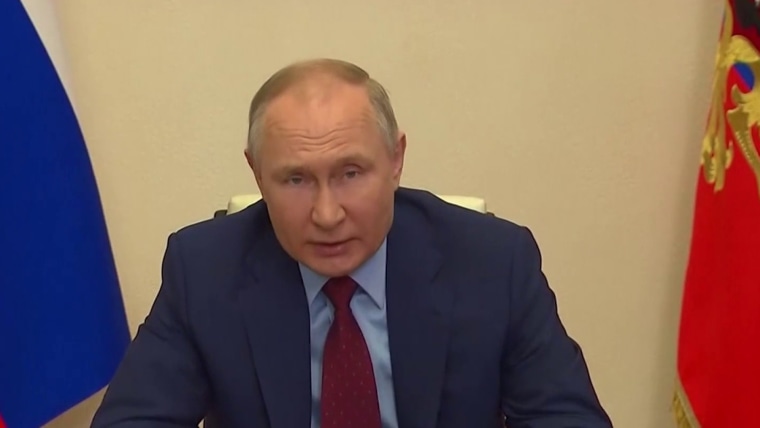

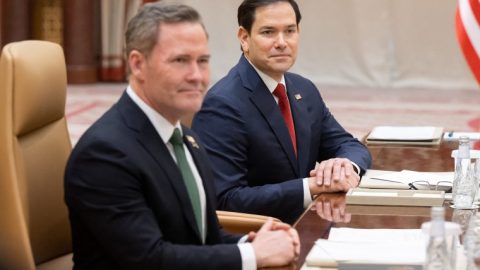
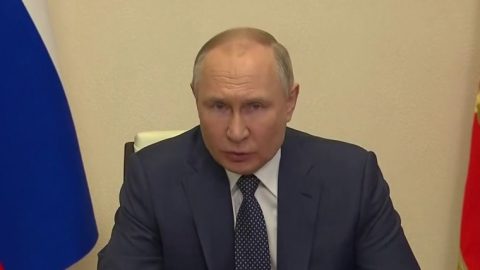
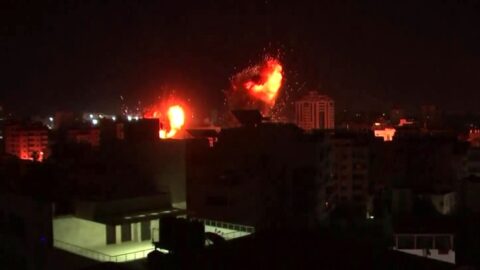



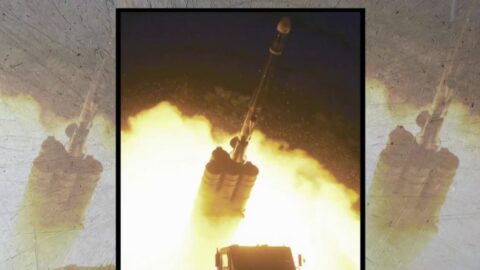
Recent Comments